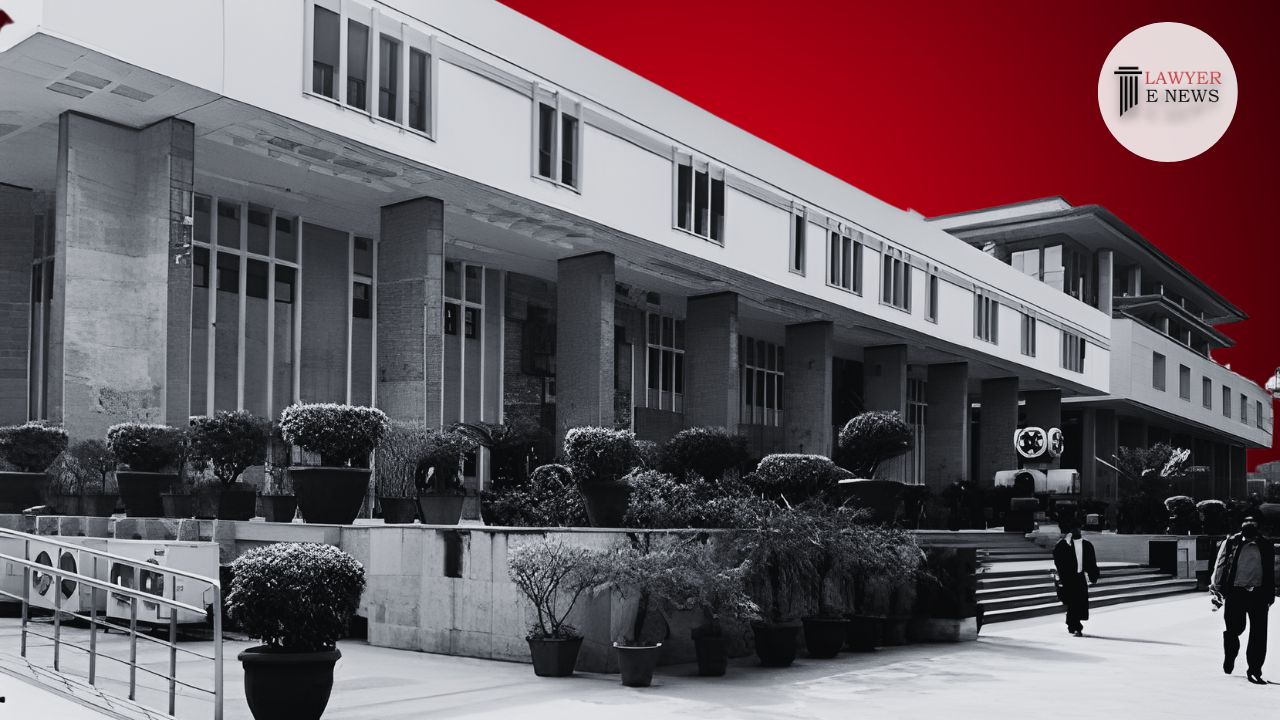-
by sayum
14 February 2026 2:22 PM



The High Court of Delhi upheld stringent prison rules in the dismissal of a parole petition filed by Jeet Dahiya, emphasizing adherence to Rule 1212 of the Delhi Prison Rules, 2018, which mandates a one-month gap between furlough and parole applications.
Presiding Justice Swarana Kanta Sharma rejected the plea under Article 226 of the Constitution and Section 482 of the Code of Criminal Procedure, stating that no sufficient grounds were presented to override the established prison guidelines. Convicted under severe charges including murder and illegal possession of arms, Dahiya sought parole to manage domestic responsibilities due to his wife’s engagement with her ailing mother.
Lodged in Central Jail No. 3, Tihar, Dahiya had recently benefited from a furlough ending on April 26, 2024, and subsequently applied for parole. The petition was grounded on the need to care for his minor children during his wife’s absence. The court, however, found this arrangement unnecessary as other family members were available to fulfill these roles.
Justice Sharma meticulously examined the conditions surrounding the parole request, emphasizing the violation of the prison rules meant to regulate the frequency of leaves granted to convicts. “As per Rule 1212 of the Delhi Prison Rules, 2018, there has to be at least one month gap between parole and last furlough availed and vice versa,” the judge noted, establishing the basis for the petition’s dismissal.
Conclusion The decision highlights the judiciary’s firm stance on maintaining order and discipline within the penal system through strict compliance with procedural norms. This case serves as a precedent for future instances where convicts might seek similar relief under the prison rules.
Date of Decision: May 10, 2024
JEET DAHIYA vs. STATE OF NCT OF DELHI
